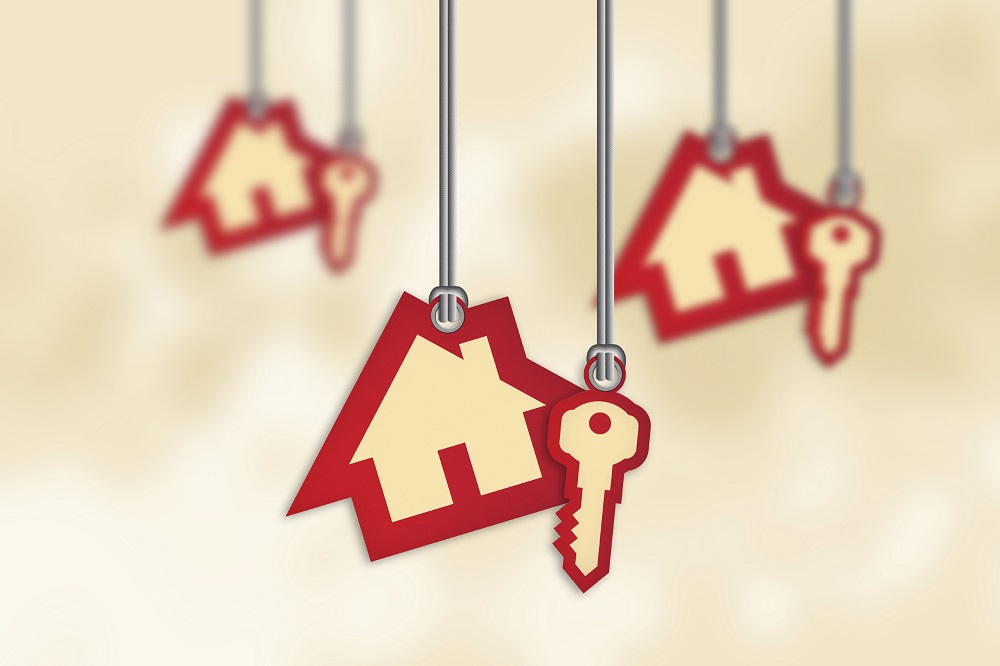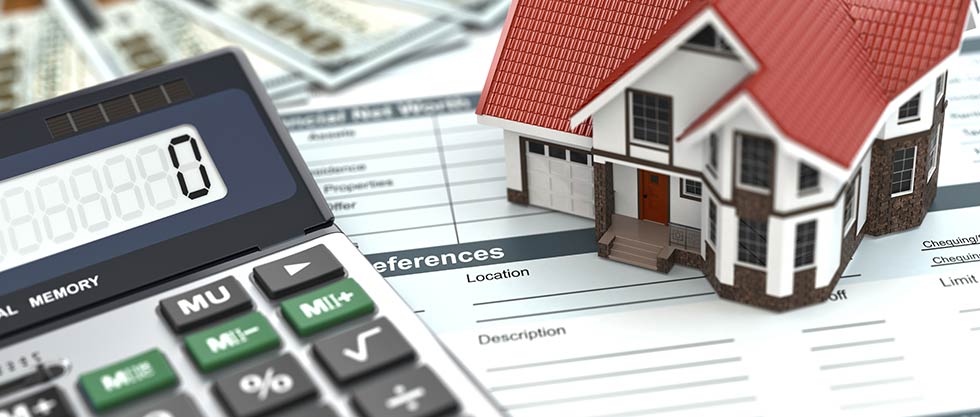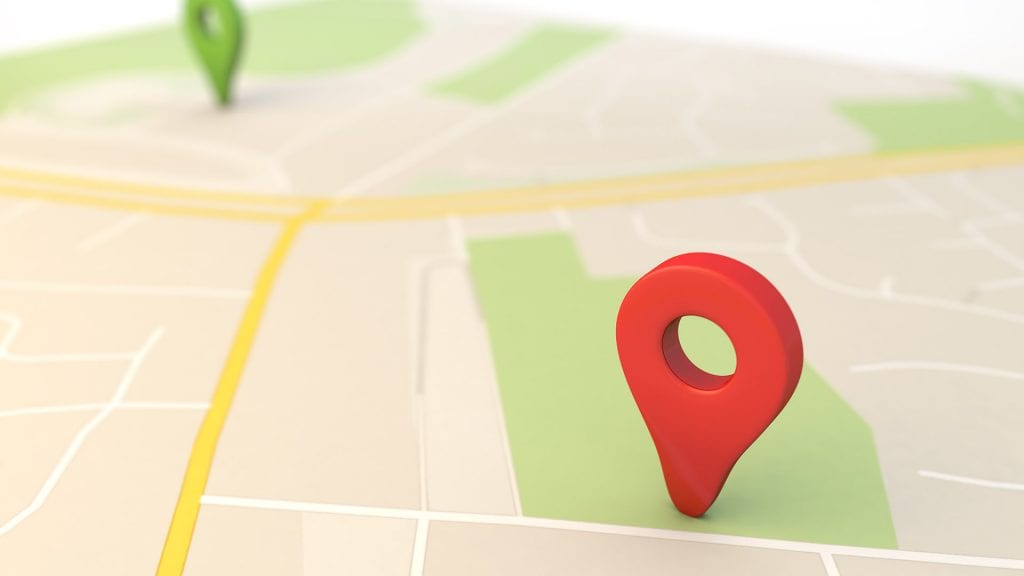Hello Prosperity Partners! (if you're reading this, that's you!)
It’s been about 2 ½ months since we’ve moved into our new home and I couldn’t be happier ?.
If I could pinpoint one thing that helped us upgrade from our 1386sf starter home to our 4311sf dream home it would be… A BUDGET!
When deciding to purchase a home, so many think of the ‘sexy’ parts of the process: What areas would I like to stay in? Craftsman, Traditional or Split Level? How many bedrooms and baths? Brick? Frame? Both?! Good school system? How large?
All that’s fine and dandy… however, you gotta pay for the home, right?
When I bring this up, many will ask “How much do I need to save to purchase a home?” versus “Can I afford to buy a home?” To get the keys to your new home is one thing; to KEEP the keys is another.
Budget Before You Buy
Budgeting before you begin the home buying process is extremely important, I mean, we are talking roughly 30 years of mortgage payments; that’s a big commitment.
One of the first steps that I have my clients do is complete a ‘where am I now’ budget.
Where Am I Now?
A ‘where am I now’ budget, simply answers the question “Where Am I”. I liken it to being in a mall and locating the directory. What’s the first thing you look for? The big arrow that says, ‘You Are Here’.
You can’t plan to go anywhere without first knowing where you currently are; it’s the foundation to budgeting.
Let's Get Started…

NOTE: For my clients with side-hustles/businesses, I don’t add their income to their home budget unless its consistent. Why? Because a lender doesn’t. It’s a must to have a ‘home’ for your extra money, where you'll pinpoint where that extra money will go towards, i.e. savings, debt elimination, back into the business, etc., but if it hasn’t been consistent for 2 years; a lender will not include it as a part of your income, and you shouldn’t either).
Next, list all your household expenses. Like, all of them! I have my clients pull bank and credit card statements for the past 3-6 months to ensure that everything is accounted for.
Jot your expenses down in a spreadsheet so that you can physically look at where your money is going per month. This is important because when you start paying a mortgage, you will more than likely add to your expenses, when you factor in home maintenance, association dues (if applicable), increase in utilities, lawn care, décor, etc.
Lastly, subtract your expenses from your monthly income to see where you are.
Do you have money left over? Are you breaking even? Do you have a deficit?
A lender will ask these same questions when reviewing your finances. If you’re struggling to meet your current financial obligations, will a mortgage payment cause further financial stress? What if something happens to your home? There is no landlord or property management firm to call; you, and only you, are responsible.
Ask yourself; “Am I financially prepared for this?”
If not, don’t get discouraged; simply work on getting prepared.
Play Pretend
I have my clients ‘play pretend’ in order to get prepared. This is where I have them recreate their budget as if they are already in their new home.
So, whip out that budget and copy it over to a brand new spreadsheet and pretend that you are already in your home, decide how much you can afford to pay for a mortgage and replace ‘rent’ with ‘mortgage’.
Now, review your budget and add/subtract the expenses that you will have as a homeowner.
For example, your monthly mortgage payment will already include taxes and insurance, so if you are currently paying rental insurance, remove that item.
Most renters are not responsible for water, sewer and garbage, so add an estimate for this expense. Are you interested in living in a subdivision? Add in your monthly expense for home associate dues. Are you looking to move further away from your job? Add in extra transportation costs. Moving closer? Reduce monthly transportation costs.
Now, subtract your home owner expenses from your net monthly income (that’s the income your actually bring home, that’s deposited in your bank account).
How much do you have left over now?
NOTE: Make sure you included savings, retirement investing, travel and other lifestyle choices (i.e. children’s educational expenses, daycare, etc.). Savings is non-negotiable; it should not be sacrificed for a mortgage payment or any other expense!
Creating a future-home budget that takes into account a potentially higher mortgage payment and the added expenses that come with being a homeowner will prepare you for Claiming & Keeping your new home keys.
It will also help you save enough money now so that when you do purchase, you won't experience payment shock. Payment shock is when you transition from your lower rental expenses to a higher mortgage expenses. To avoid this, take the different between your rental budget and your home budget and put it in a savings account dedicated to your home purchase.
If you're truly serious about preparing your finances to Claim the Keys to your new home, – budgeting, paying down debts, soaring your credit scores – my online school, Credit on Fire Academy is for you! Together, we'll embark on a journey to Transforming your Finances to not only Claim Your Keys, but keep your Keys!
You'll learn how to budget, increase your savings, fix your credit, meet lending approval guidelines, and so much more!
See you inside! 🙂
Your Partner in Prosperity,
Netiva













One Response
Great read. Thank you so much